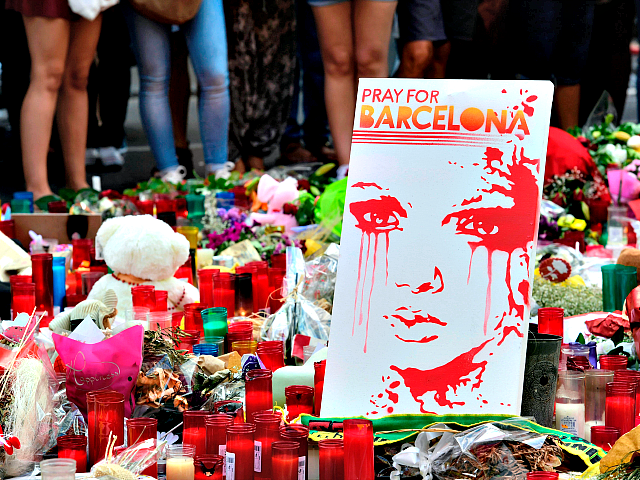Senior members of the Polish government have warned the European Union that the Islamist terror attack in Barcelona is further proof that encouraging millions of migrants to settle in its territory has undermined public safety.
Polish Minister of the Interior Mariusz Błaszczak reminded listeners that “Poland is safe” — at least relative to Western and Northern European countries — because it has resisted attempts by the bloc to impose compulsory migrant quotas on it.
He explained that, unlike Spain, his country has “no enclaves where people do not integrate to the country where they emigrated”.
For the continent at large, however, he warned that the Barcelona atrocity was simply the “tragic end” of policies “inciting millions of people to cross the sea to come to Europe”.
He added: “We are dealing with a clash of civilizations, it must be said openly and this is the problem of all Europe.”
Polish Deputy Minister of Defence Michał Dworczyk echoed the interior minister’s sentiments, saying the attack on the Catalan capital was “another proof that migration policy and security policy must be conducted in a very thoughtful and responsible way”.
He also credited the relatively superior security situation in Poland as “among other things, the result of the government’s consistent policy” of opposition to mass immigration.
Dworczyk urged EU leaders to “review their ideas on migration policy” in light of the attack.
“We are all shaken by the information that comes to us from Spain, and we share the pain of the families of the victims.
“However, we cannot ignore the fact that we have a serious problem in Europe with the influx of illegal immigrants. It is a very bad idea to invite people who can not be controlled [and can] be said to pose a threat to EU citizens.”
Underlining the fact that “we do not accept and we will not accept that enclaves [are established] with people who do not assimilate, who do not want to belong to the society”, the defence minister reiterated his government’s opposition to migrant quotas.
“I hope that these dramatic events will also be an occasion for reflection for certain officials of the European Commission and some EU political leaders,” he said.
He suggested Barcelona might provide these individuals with “the opportunity to review their ideas on migration policy and the forced relocation of people whose identity can not be established with certainty”.

COMMENTS
Please let us know if you're having issues with commenting.